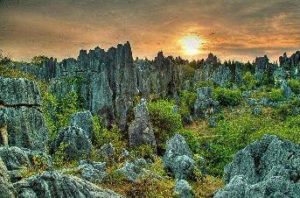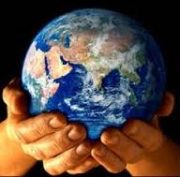 The ecological question is a hot topic today. The UNESCO Declaration on Bioethics and Human Rights mentions the need to protect future generations, including their genetic patrimony, as well as the need to protect the environment, the biosphere and biodiversity.
The ecological question is a hot topic today. The UNESCO Declaration on Bioethics and Human Rights mentions the need to protect future generations, including their genetic patrimony, as well as the need to protect the environment, the biosphere and biodiversity.
In addressing the different pressing environmental concerns, it is important to safeguard the centrality of the human person and his dignity. This does not mean unbridled anthropocentrism and unlimited exploitation of natural resources. While it is true that humans are partly responsible for many wounds inflicted on the environment, it is also true that they can be the solution to these problems.
We have been given the task to announce need for radical solidarity and justice in the care of environment, and to be responsible stewards in the care of our home, the earth. Sustained development implies that progress of society must be accompanied by an integral development of the whole person—including his or her physical, psychosocial, cultural and spiritual-moral dimension.
 Human ecology means that the ecological question is ultimately an ethical question regarding human actions. The ultimate determining factor is the human person. It is not science and technology, or the increasing means of economic and material development, but the human person, and especially groups of persons, communities and nations, freely choosing to face the problems together, who will, determine the future.
Human ecology means that the ecological question is ultimately an ethical question regarding human actions. The ultimate determining factor is the human person. It is not science and technology, or the increasing means of economic and material development, but the human person, and especially groups of persons, communities and nations, freely choosing to face the problems together, who will, determine the future.
See event organized between the UNESCO Chair and FAO on Food Security in a Time of Crisis

